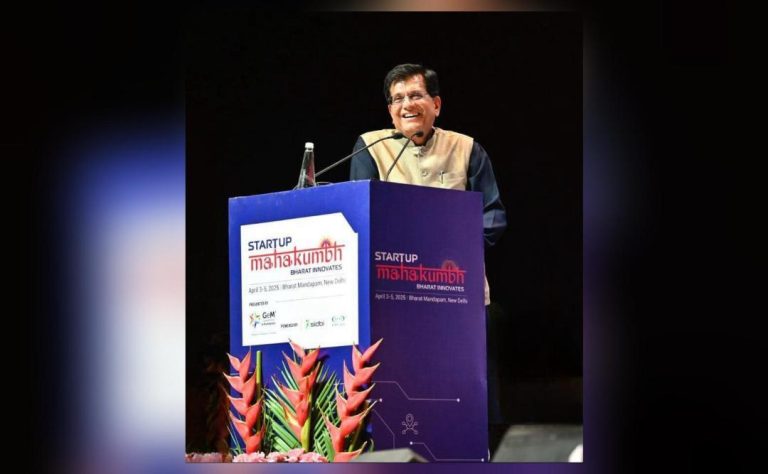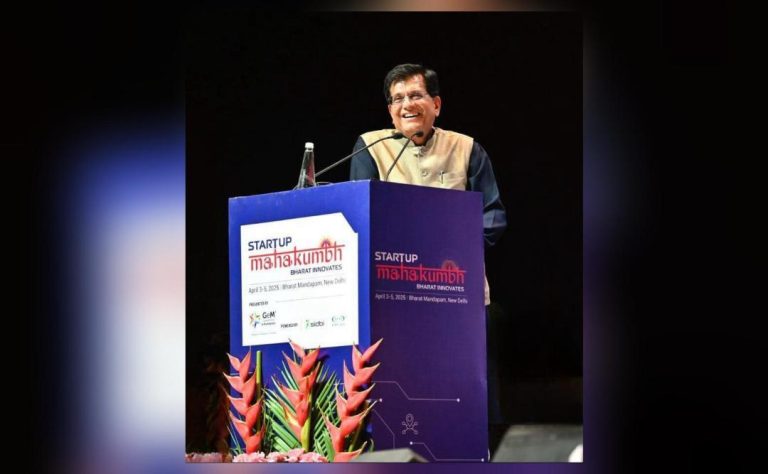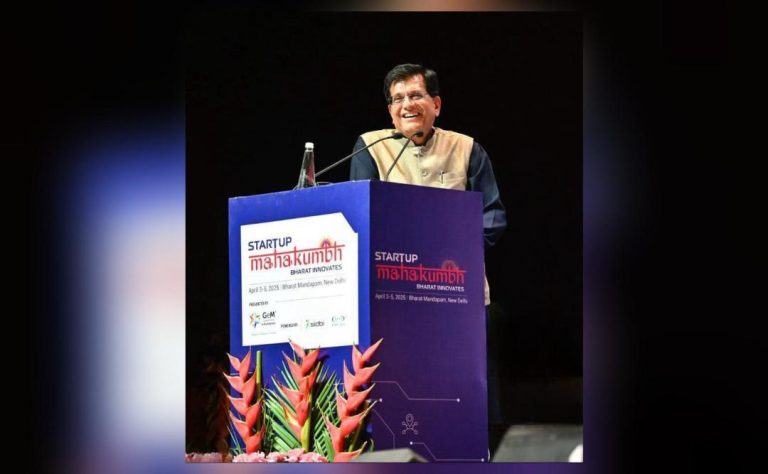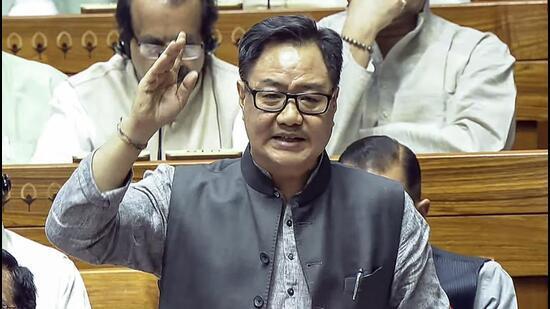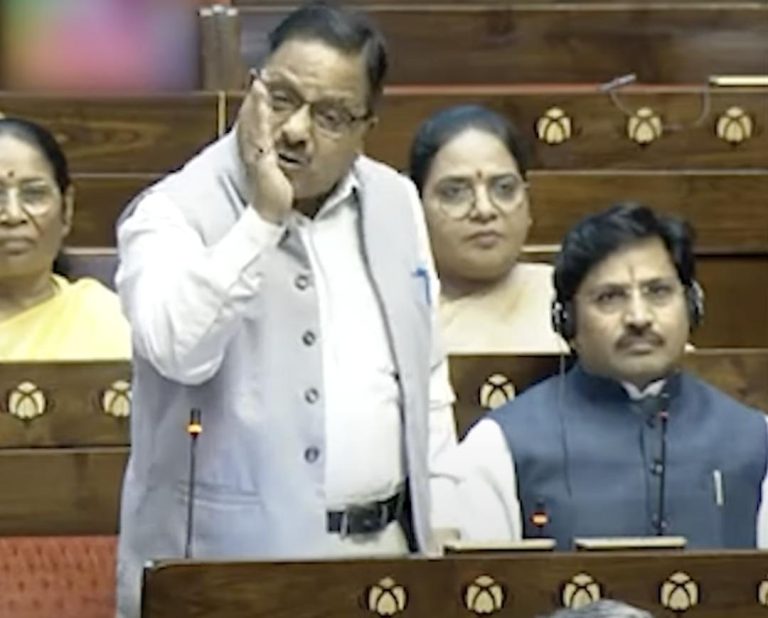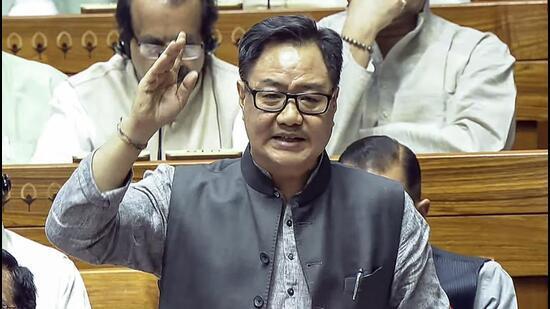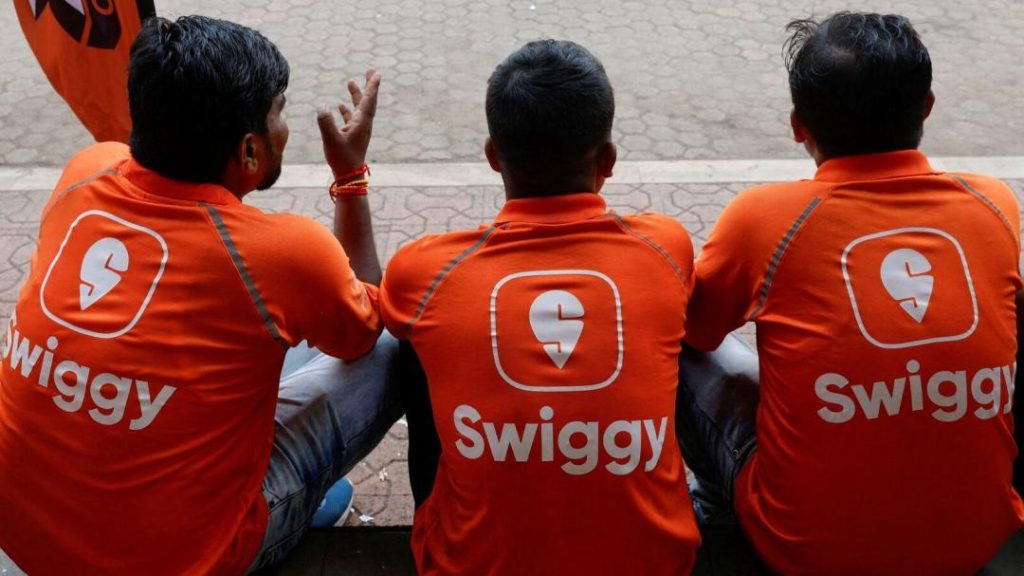
Swiggy Faces ₹158 Crore Tax Demand Over Cancellation Fees
In a move that has sent shockwaves through the Indian startup ecosystem, food delivery giant Swiggy has been slapped with a tax demand of ₹158 crore (approximately $21 million) for fiscal year 2021-22. The demand, issued by the Income Tax Department, is related to alleged violations of tax provisions regarding cancellation charges paid to merchants.
According to sources, Swiggy is planning to appeal against the demand, arguing that it stems from a misunderstanding of tax provisions. The company has been facing intense scrutiny from tax authorities over its business model, which relies heavily on commission-based revenue from merchants.
The tax demand is a significant blow to Swiggy, which has been growing rapidly in recent years. The company has reportedly been paying cancellation charges to merchants, which are then deducted from the revenue earned by Swiggy. However, tax authorities have deemed these charges as “fees” rather than “commissions,” which has led to the massive tax demand.
The case is significant not just for Swiggy but for the entire Indian startup ecosystem. The tax demand has raised questions about how cancellation fees should be taxed in the evolving digital economy. Experts suggest that the case may set a precedent for how such fees are taxed in the future.
“The tax demand is a wake-up call for the startup ecosystem,” said an expert in taxation. “The issue is not just about Swiggy, but about how cancellation fees are taxed in the digital economy. The authorities need to clarify the provisions to ensure that startups are not unfairly targeted.”
Swiggy’s business model relies heavily on commission-based revenue from merchants. The company takes a commission on each order placed through its platform, which is then deducted from the revenue earned by the merchant. The cancellation fees are reportedly paid to merchants when an order is cancelled or not executed.
The tax demand has been issued under the Income Tax Act, 1961, which requires companies to pay taxes on their income. The authorities have deemed the cancellation fees as “fees” rather than “commissions,” which has led to the massive tax demand.
The case is significant because it highlights the challenges faced by startups in the digital economy. The tax authorities are still grappling with how to tax the unique business models of startups, which often rely on commission-based revenue.
“The tax authorities need to be more nuanced in their approach to taxing startups,” said another expert. “Startups operate in a unique environment, and their business models require a different approach to taxation.”
Swiggy’s appeal against the tax demand is likely to be a lengthy and complex process. The company will need to present its case to the tax authorities and provide evidence to support its claim that the demand is based on a misunderstanding of tax provisions.
The case is also likely to attract attention from other startups in the food delivery and e-commerce space. Many startups operate similar business models, which rely on commission-based revenue from merchants.
The tax demand has sent shockwaves through the Indian startup ecosystem, with many startups expressing concern about the implications of the case. The Startup India initiative, launched by the government in 2016, aimed to promote entrepreneurship and innovation in the country. However, the tax demand has raised questions about the government’s commitment to supporting startups.
“The tax demand is a setback for the Startup India initiative,” said a startup founder. “The government needs to provide more support to startups, rather than targeting them with tax demands.”
In conclusion, the tax demand against Swiggy is a significant development in the Indian startup ecosystem. The case highlights the challenges faced by startups in the digital economy and the need for more nuanced approach to taxation.
Source:
https://ascendants.in/industry_events/swiggy-rs-158-crore-tax-demand/
